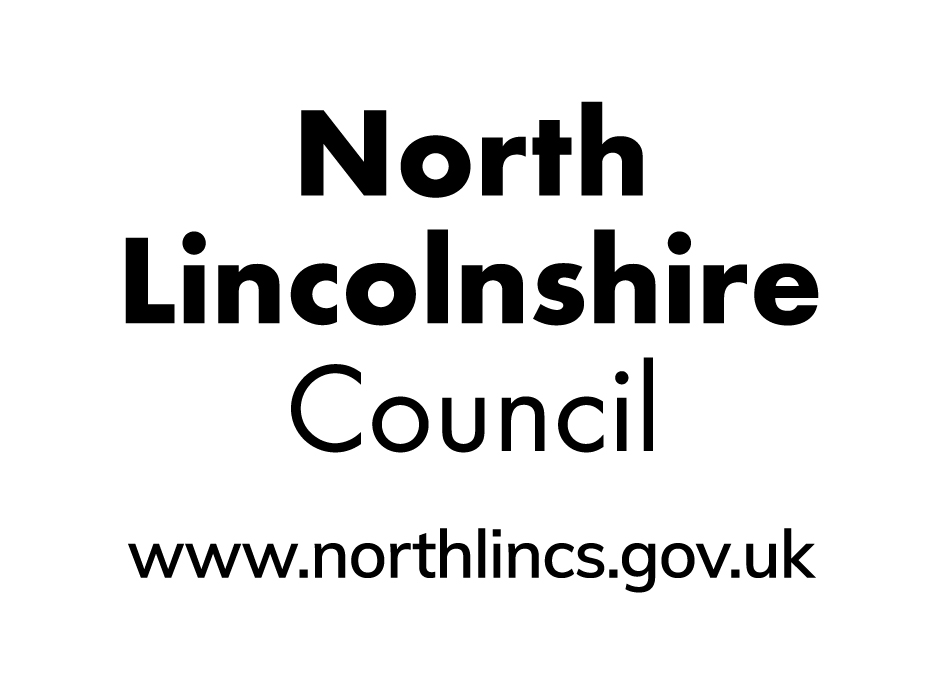Finding a Job
Information about training, job search and other career options
Work opportunities/vocational learning
Everybody should be encouraged to aspire to have an independent adult life which includes having the opportunity to take part in the world of work through paid employment.
For everyone, the journey to paid employment is in small steps, usually starting with doing jobs around the home for parents or carers; washing the car, gardening and housework tasks like cleaning or helping with the laundry.
Learning to do these jobs around the home is a first step in developing skills such as
- Following instructions
- Attention to detail
- Working as part of a team
Helping at home is therefore a really good starting point for developing your skills, your confidence and preparing yourself for work experience.
Careers Information, Advice and Guidance
When you have started to think about the world of work and the types of jobs that interest you, it will be helpful to talk to someone who is an expert in the types of jobs that are available in your local area and who can support you in thinking about what might suit your interests and skills best.
Schools are responsible for securing independent careers guidance for you if you are in years 8-13 and they should provide you with careers information and advice on the full range of post-16 education and training options, including Apprenticeships.
Colleges sometimes offer vocational courses for 14-16 year olds, in partnership with schools as well as a wide range of post-16 courses and opportunities. All of these are designed to help prepare you for the world of work, through the development of experience and skills in a particular vocational area, for example horticulture, retail or hospitality and catering.
Just like schools, colleges are also required to provide access to independent and impartial careers guidance for you until you are age 18, and until you are age 25 if you have an Education Health Care (EHC) Plan.
National Careers Service – Website and apps full of career tools, information and advice to help you find out about different jobs, CVs, applications, covering letters and interviews. Advice online, over the phone, face-to-face.
Jobs and Careers with North Lincolnshire Council. Find out more about opportunities working for North Lincolnshire Council.
Friends and family – may know of vacancies where they work.
School – is there a job board displaying vacancies from local employers?
Companies – contact companies and employers to see if they have any job vacancies. This is called a ‘speculative application’.
Online – many companies and training providers put vacancies on their website and ask you to apply online.
Job finding websites – there are lots of job finding websites. Look out for Indeed, Jobs24, Fish4Jobs, Monster, Jobstoday and Totaljobs.
Universal Jobmatch – search and apply for full and part-time job vacancies in Great Britain and abroad at www.gov.uk/jobsearch
Newspapers – look at the job pages in local newspapers, specialist magazines and journals.
Private employment agencies – you can find details at www.yell.com or through an internet search.
You can contact companies or training providers at any time.
It is good to start looking for jobs and apprenticeships as soon as you can. Some large local and national companies open up their apprenticeship schemes for school leavers before Christmas.
It can take time to get a job or apprenticeship and so make sure you start looking in plenty of time. If you are leaving school or college in the summer, it is a good idea to start looking from January.
It is a good idea to print out details of all job adverts that you want to apply for. If you are applying for lots of jobs, it is easy to forget where you found them.
Make sure you follow the instructions on each job advert telling you how to apply. This will show the employer that you can follow instruction.
Applying by letter or email – the covering letter
You might be asked for a covering letter to go with a form or CV. Writing the right letter or email may help you to get an interview.
Applying by application form
Many companies now ask you to fill in an application form rather than send a CV, it makes it easier for them to compare you with other applicants.
It is important that you fill in the application form carefully as it is your chance to sell yourself and get an interview.
Applying by CV
A CV is simply one or two nicely set out pages of A4 size paper, which tells an employer about you and your skills.
The best CVs are easy to read and so keep it simple.
When employers ask for applications in writing, you should always send a CV and a covering letter.
The CV gives your basic information and accomplishments in no more than two sides of A4! It is the story of your working life and a good CV will help you to cope with all the other forms you will have to complete.
The covering letter explains why you’re interested and shows how you would be just right for the job.
Top Tips for applying for jobs [PDF, 357Kb] for more help when applying for jobs.



